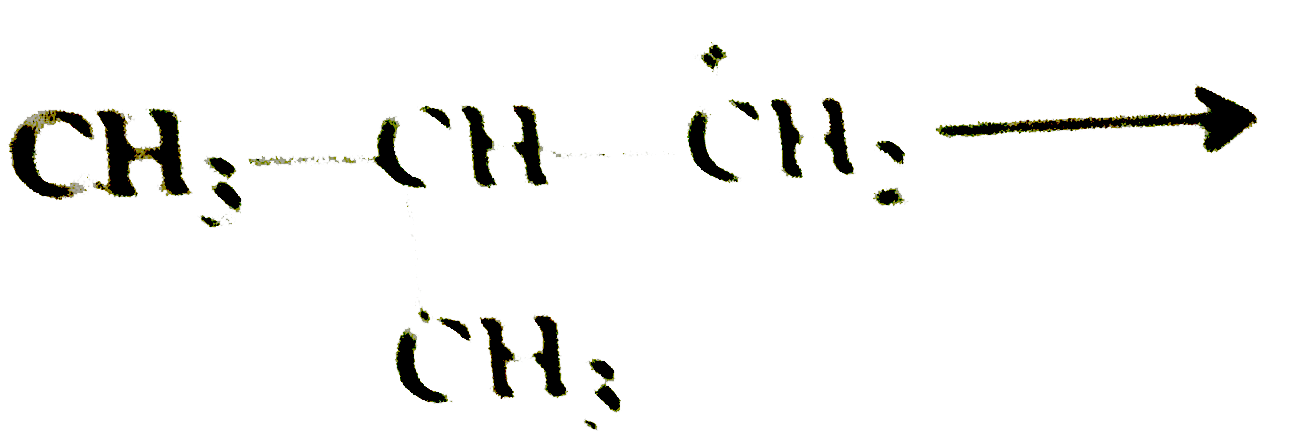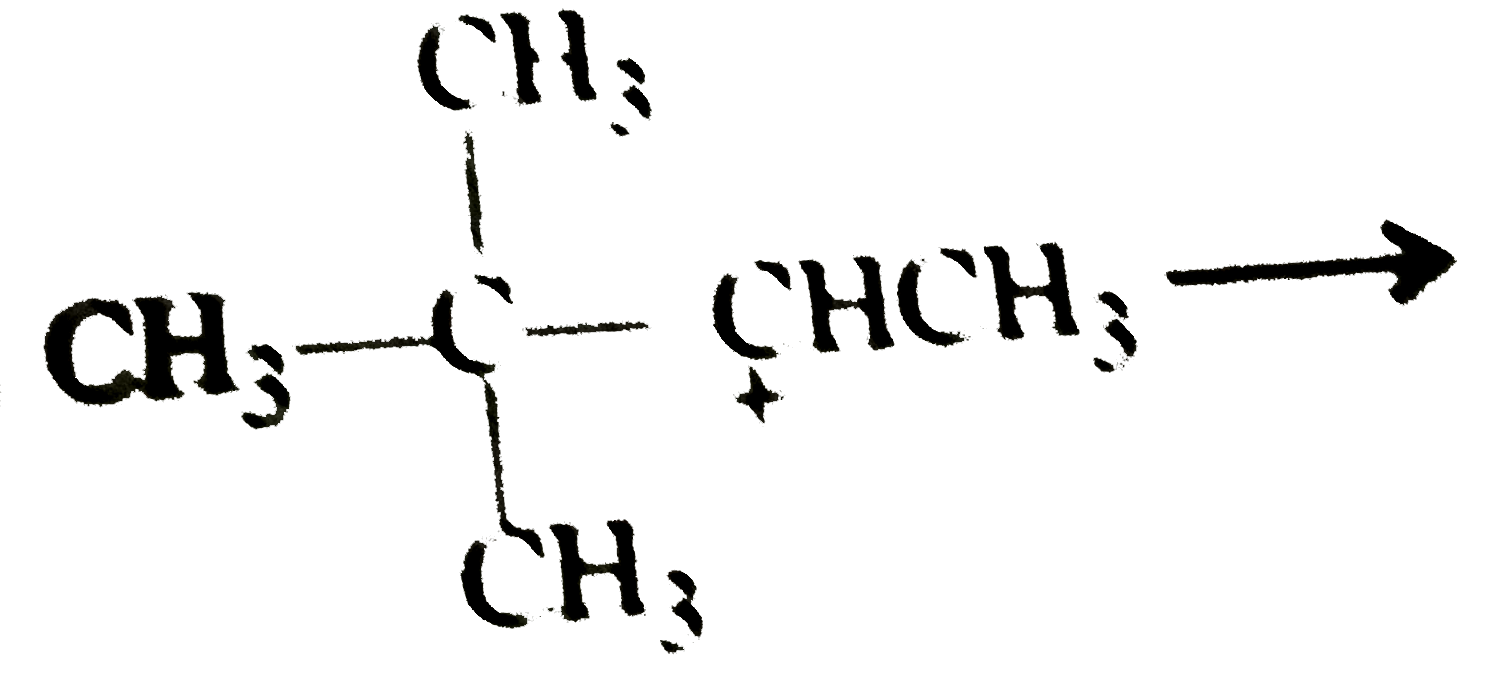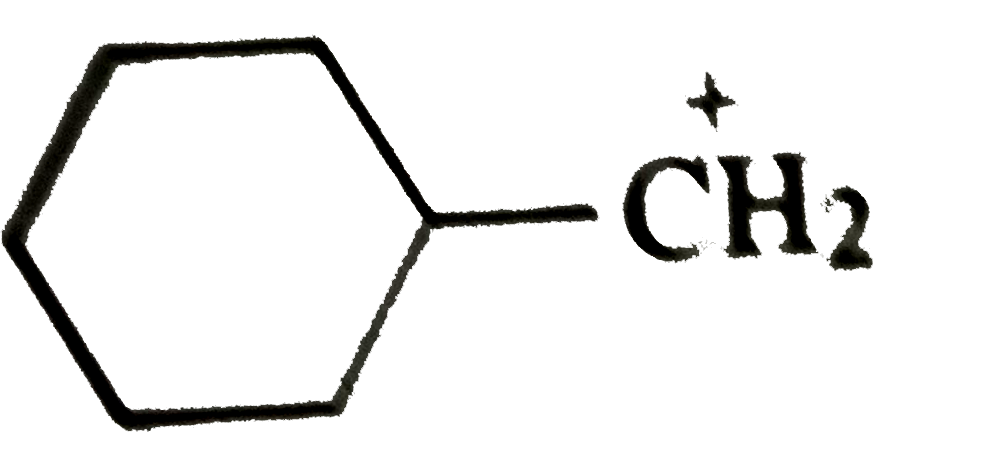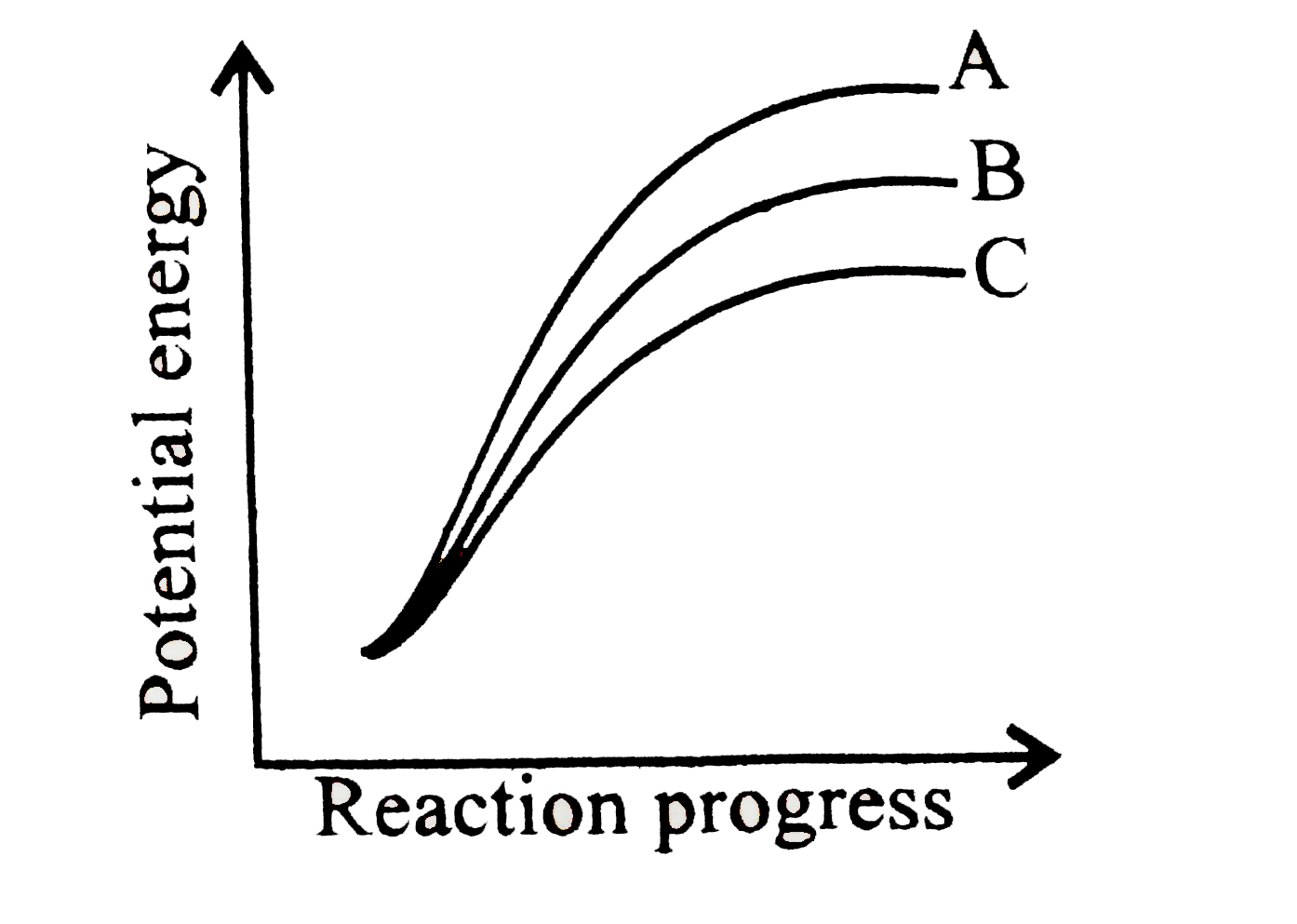Types Breaking OF Covalent Bond and Types OF Reaction Intermediate
Step by step video solution for Types Breaking OF Covalent Bond and Types OF Reaction Intermediate by Chemistry experts to help you in doubts & scoring excellent marks in Class 12 exams.
Updated on:21/07/2023Similar Questions
Knowledge Check
Organic reactions take place through the formations of reactive carbon intermediates formed by cleavage of covalent bonds. Formation of these intermediates depends upon the dissociation energies of covalent bonds.
1. Which is not the intermediate formed by cleavage of covalent bonds.AFree radicalBCarbocationCCarbonium ionDCarbanion.Organic reactions take place through the formations of reactive carbon intermediates formed by cleavage of covalent bonds. Formation of these intermediates depends upon the dissociation energies of covalent bonds.
Which is most stable carbocation ?A B
B C
C D
D
Organic reactions take place through the formations of reactive carbon intermediates formed by cleavage of covalent bonds. Formation of these intermediates depends upon the dissociation energies of covalent bonds.
2. In which cases free energy may decrease, if there can· be some intramolecular rearrangement ?A B
B C
C D
D
Types OF Reaction(Elimination Reaction,Oxidation,Rearrangement) and Types OF Intermediate
View SolutionOrganic reactions take place through the formations of reactive carbon intermediates formed by cleavage of covalent bonds. Formation of these intermediates depends upon the dissociation energies of covalent bonds.
Consider the following transformations

Carbon species formed in A, B and C are respectively
View SolutionOrganic reactions take place through the formations of reactive carbon intermediates formed by cleavage of covalent bonds. Formation of these intermediates depends upon the dissociation energies of covalent bonds.
When a methyl radical is formed from CH3Cl, select the incorrect statement.
View SolutionOrganic reactions take place through the formations of reactive carbon intermediates formed by cleavage of covalent bonds. Formation of these intermediates depends upon the dissociation energies of covalent bonds.
In which cases, free radicals can be formed by homolytic fission ?
View SolutionOrganic reactions take place through the formations of reactive carbon intermediates formed by cleavage of covalent bonds. Formation of these intermediates depends upon the dissociation energies of covalent bonds.
3. In the following diagram, stability of different radicals have been represented. These can be

Match the potential curve with free radical

View Solution
